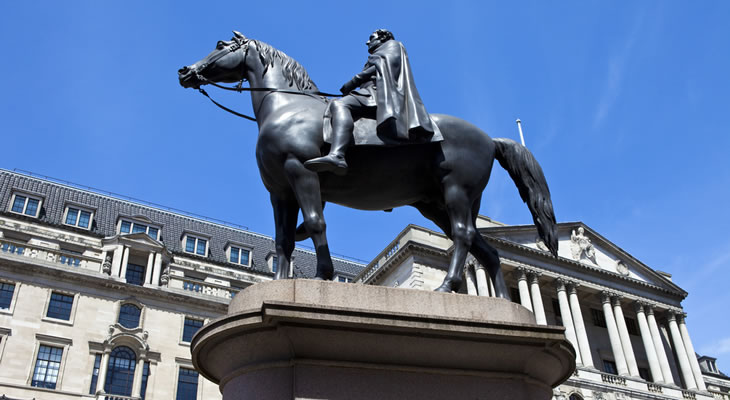Bank of England (BoE) Monetary Loosening Fails to Dent Pound Euro (GBP/EUR) Exchange Rate
In the wake of the Bank of England’s (BoE) November policy meeting the Pound Sterling to Euro (GBP/EUR) exchange rate found some renewed traction.
Although the BoE announced a larger-than-expected expansion of its quantitative easing programme this failed to drive Pound Sterling (GBP) lower on Thursday morning.
Markets instead took encouragement from the fact that policymakers made no fresh mention of negative interest rates, suggesting that the option remains off the table for the time being.
This helped to diminish the impact of the BoE’s negative revisions to its economic forecasts, even though the central bank now expects to see the UK economy contract -11% in 2020.
As the government announced an extension of its furlough scheme until March 2021, in spite of previously scrapping the programme, this offered additional support to GBP exchange rates.
Underwhelming German Factory Orders Growth Weighs on Euro
Support for the Euro (EUR), on the other hand, softened in response to a disappointing German factory orders reading.
As orders only saw growth of 0.5% on the month in September, as opposed to August’s 4.9% rise, confidence in the outlook of the German manufacturing sector weakened.
While this still points towards growth in German factories at the end of the third quarter markets were not impressed by this evidence of a slowdown in momentum.
With the Eurozone’s powerhouse economy already facing further pressure as it returns to tightened lockdown restrictions the risks of a weaker fourth quarter appeared to grow.
If the corresponding industrial production data also disappoints on Friday this could see the GBP/EUR exchange rate pushing higher still.
As long as signs point towards German manufacturing experiencing a fresh slowdown even before restrictions tightened the mood towards the Euro looks set to sour.
Anxiety Over UK Economic Outlook Forecast to Limit GBP/EUR Exchange Rate Support
As the impact of the BoE announcement and furlough scheme extension start to fade, though, the Pound could struggle to hold onto a positive footing.
Even with fresh support being pumped into the economy the UK appears on course to suffer a double-dip recession this year.
With the final Brexit deadline continuing to draw closer the potential for a deeper economic decline may continue to rise, to the detriment of GBP exchange rates.
However, anticipation ahead of the release of the latest set of UK labour market data next week could offer some support to the Pound.
If expectations favour a decline in September’s unemployment rate this may encourage the GBP/EUR exchange rate to push higher.
Even with the government furlough scheme now set to run for some months yet any evidence of greater resilience within the UK labour market could give the Pound a strong boost against its rivals.


Comments are closed.